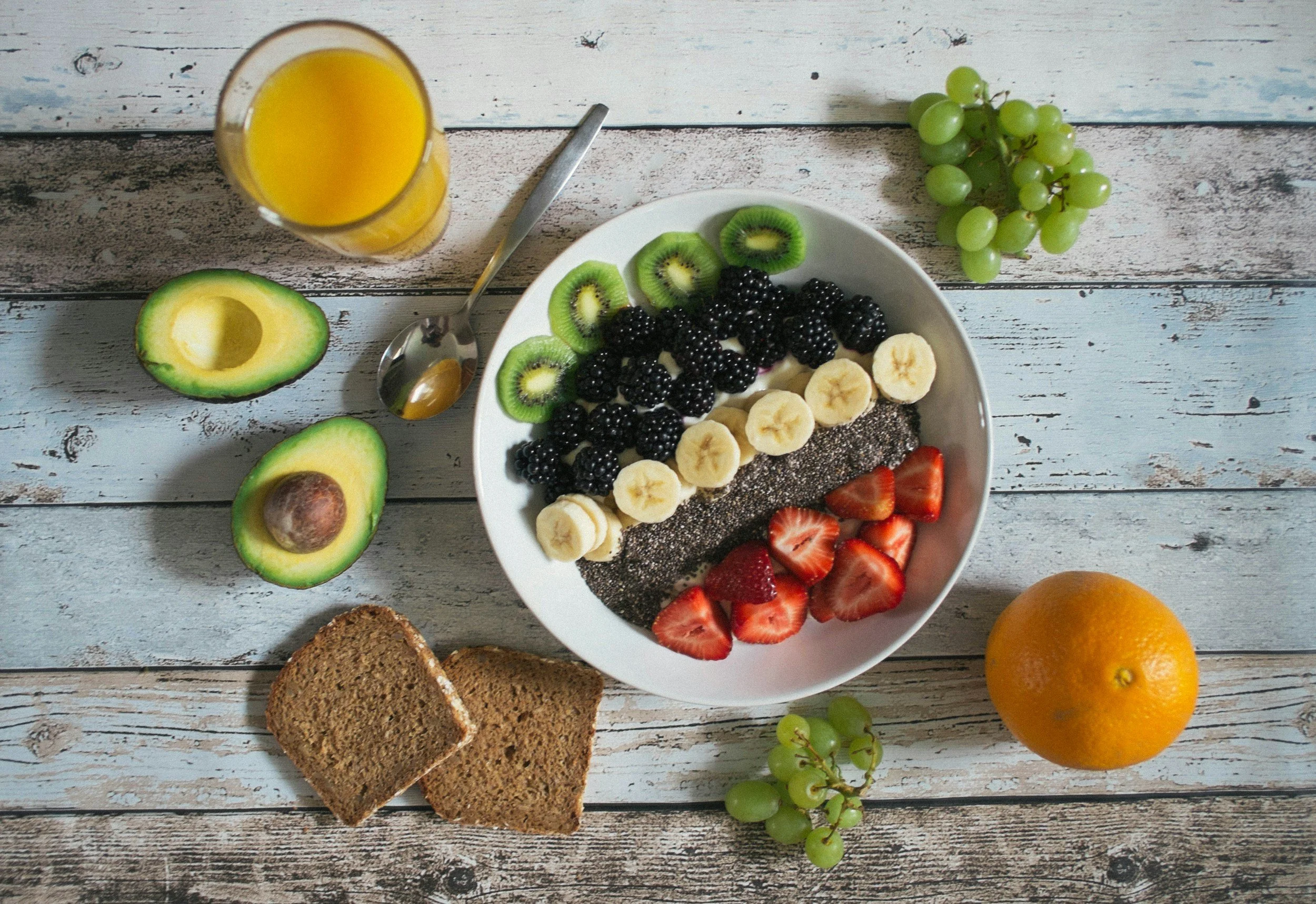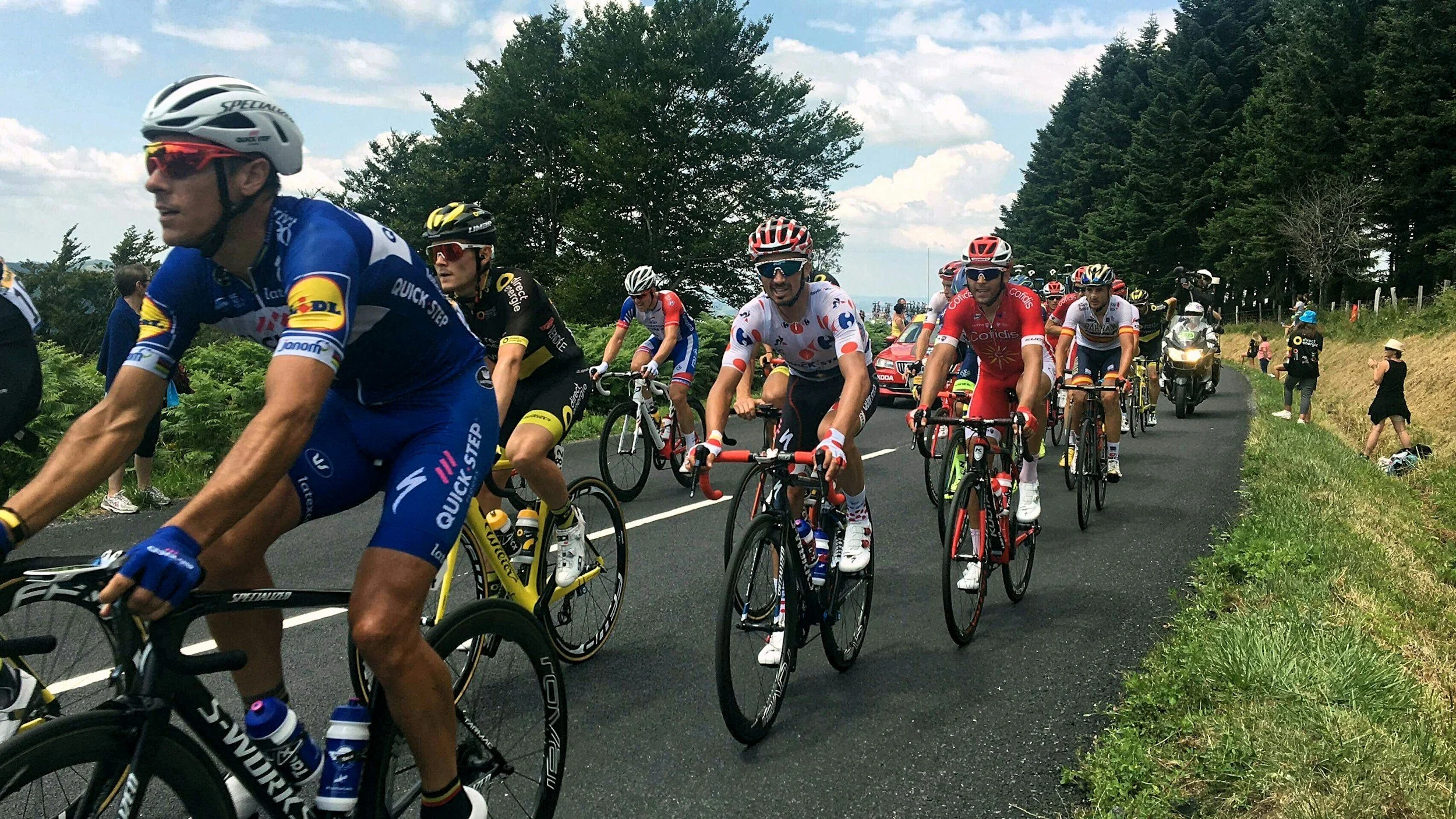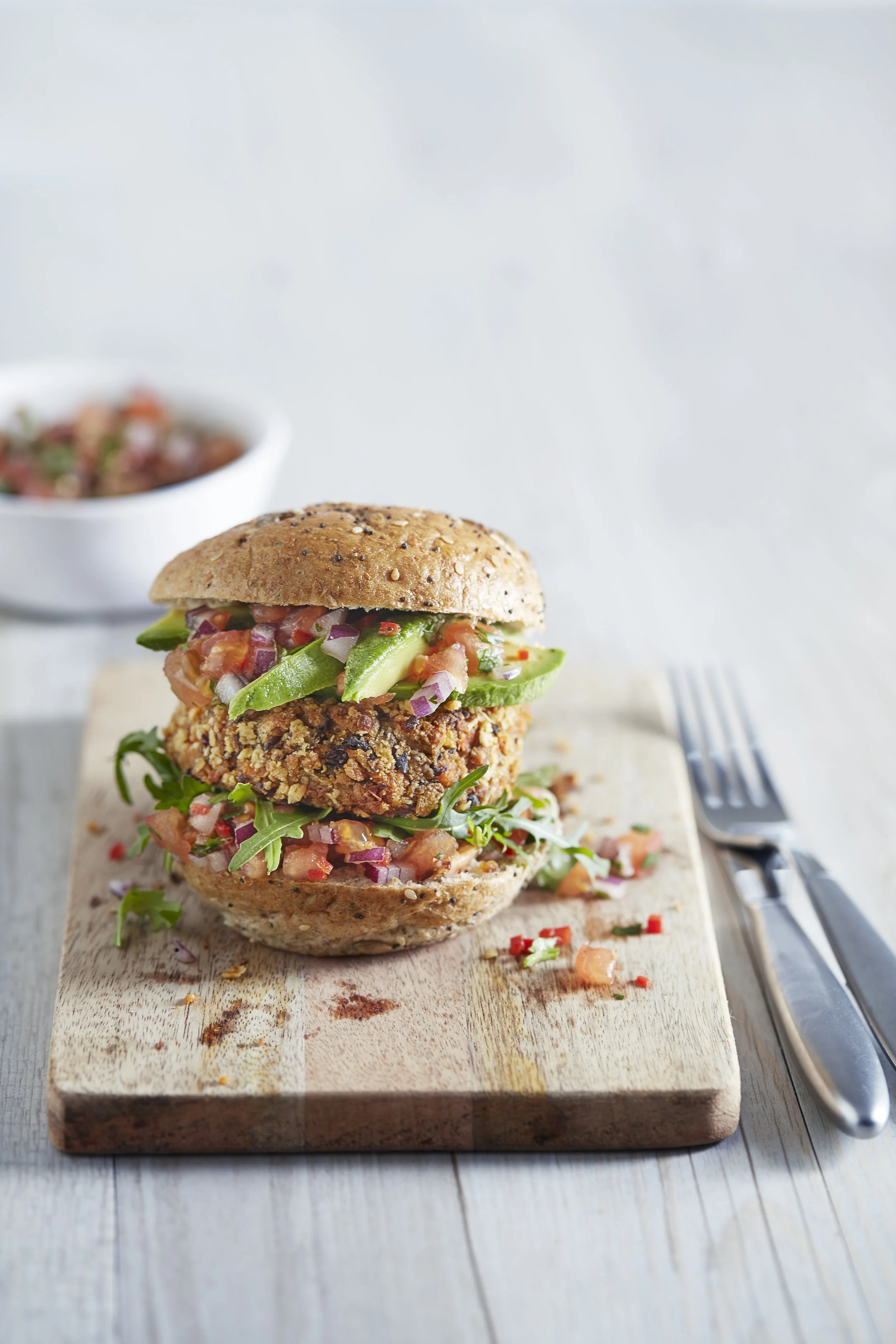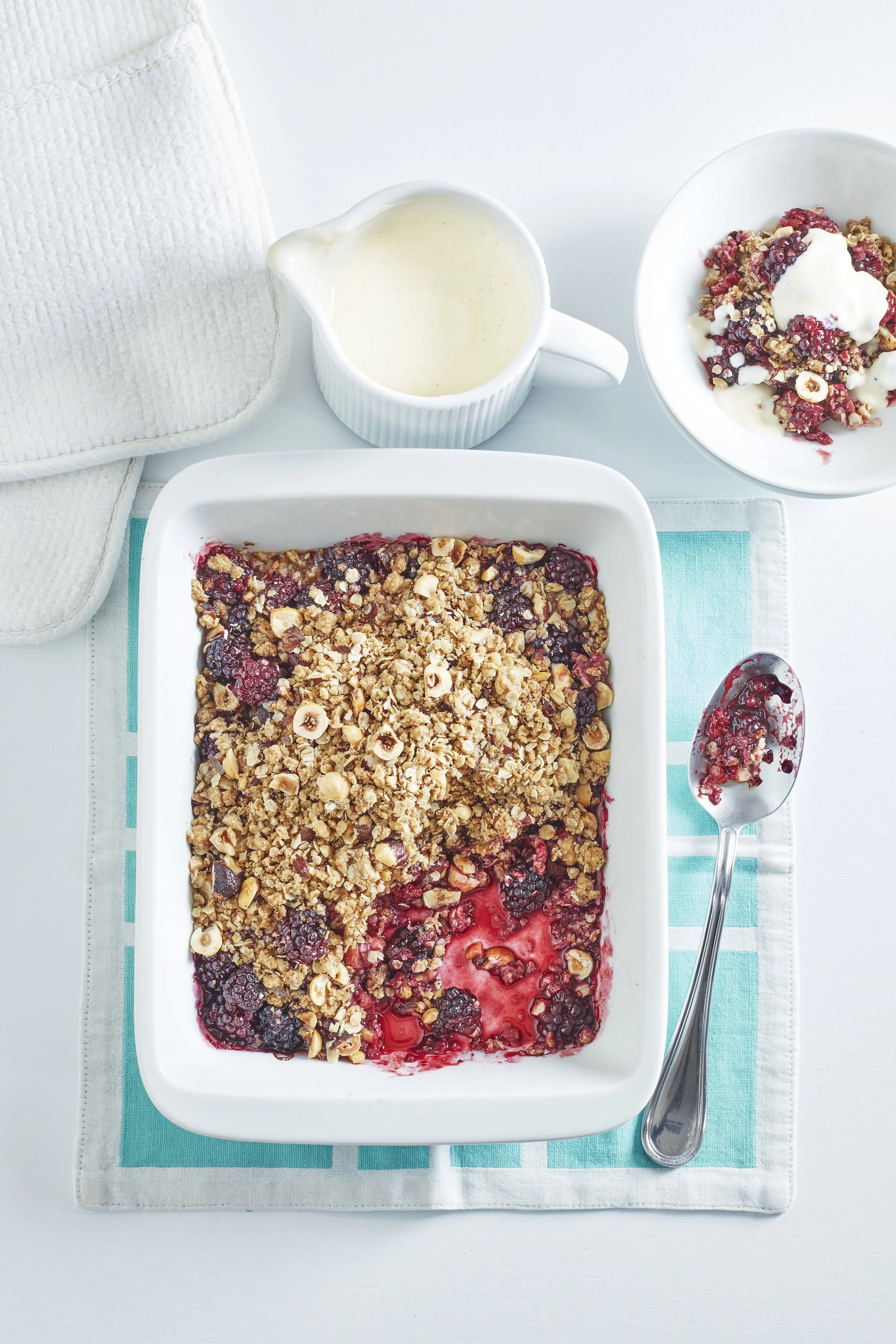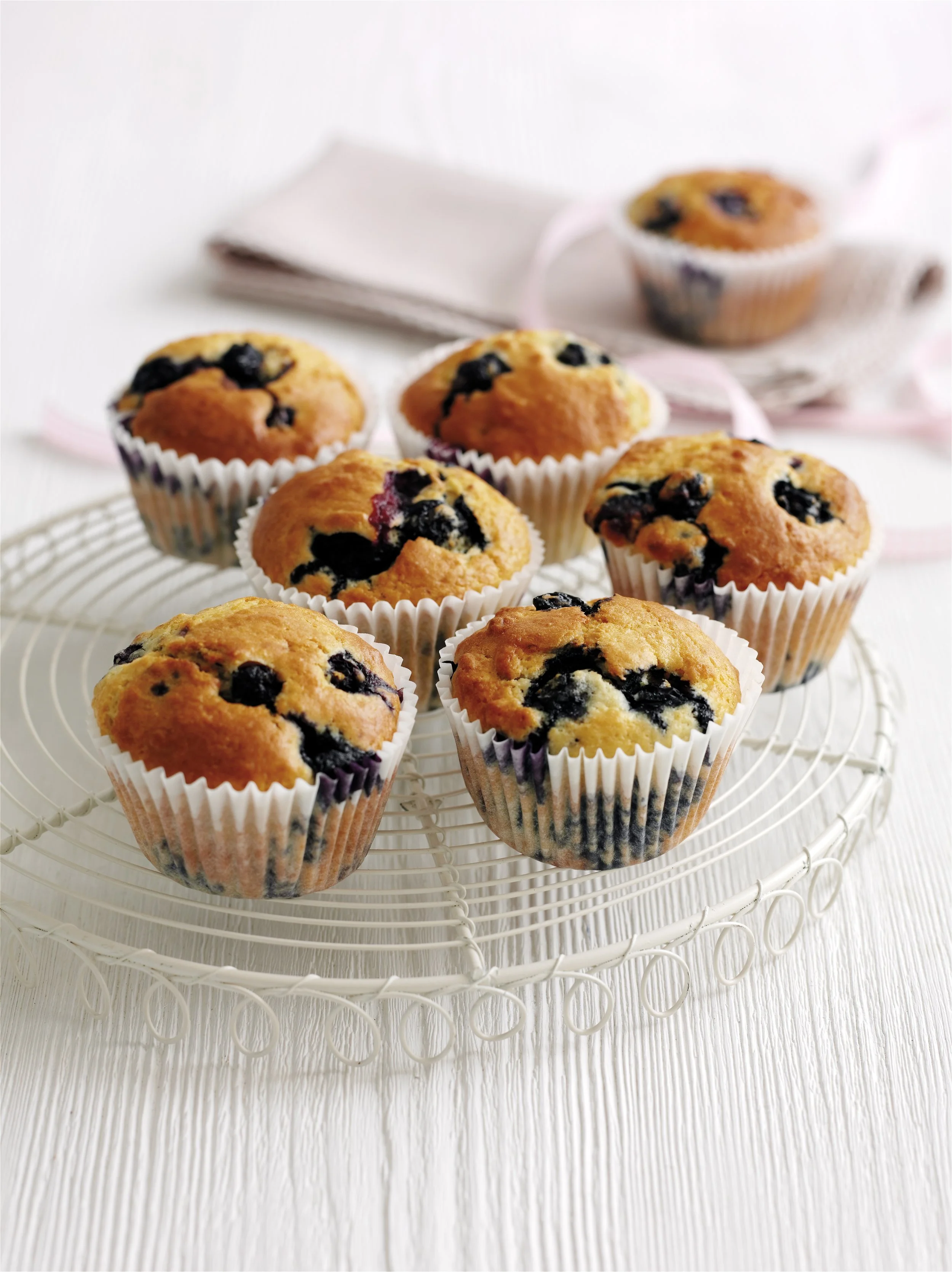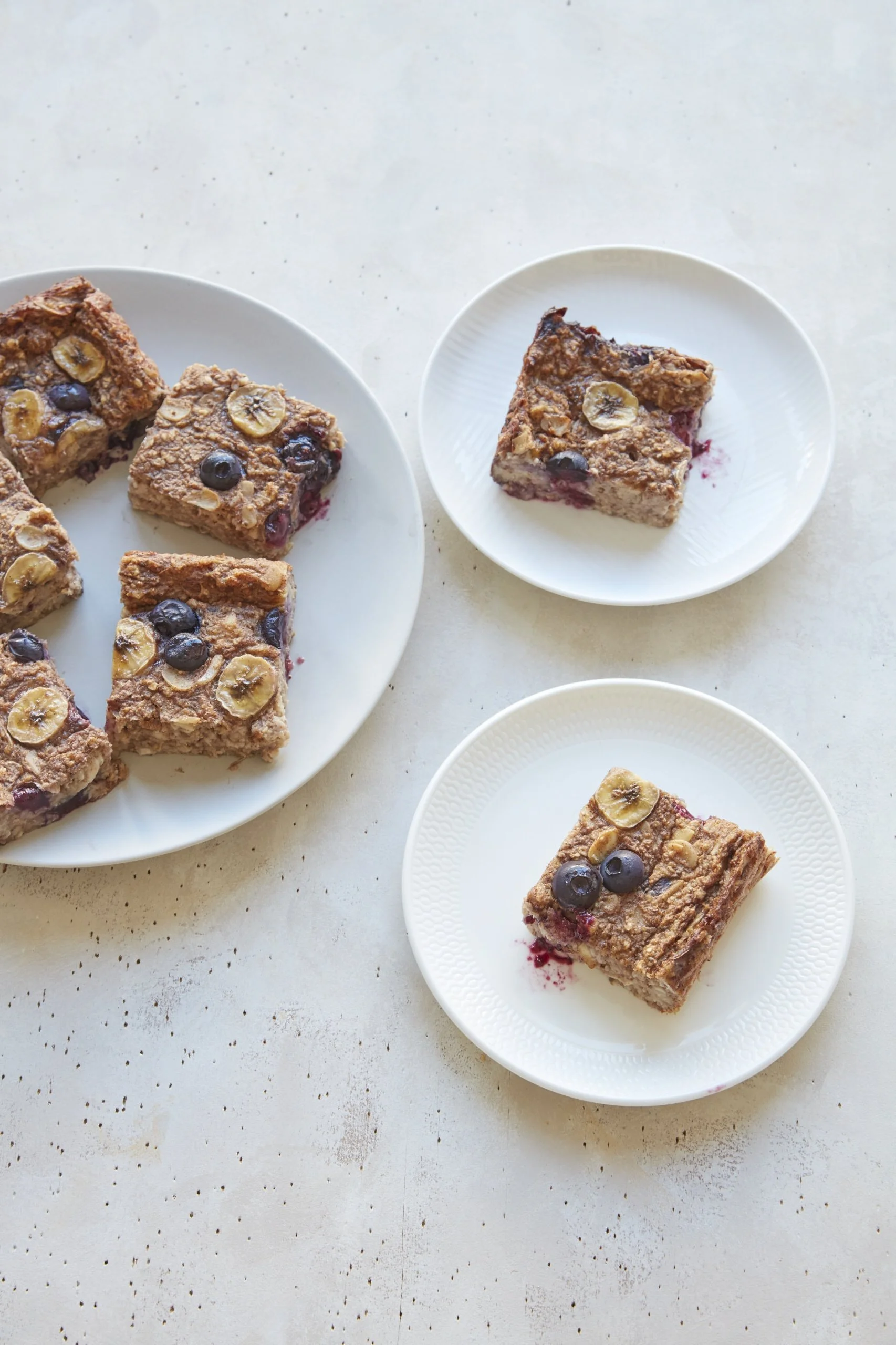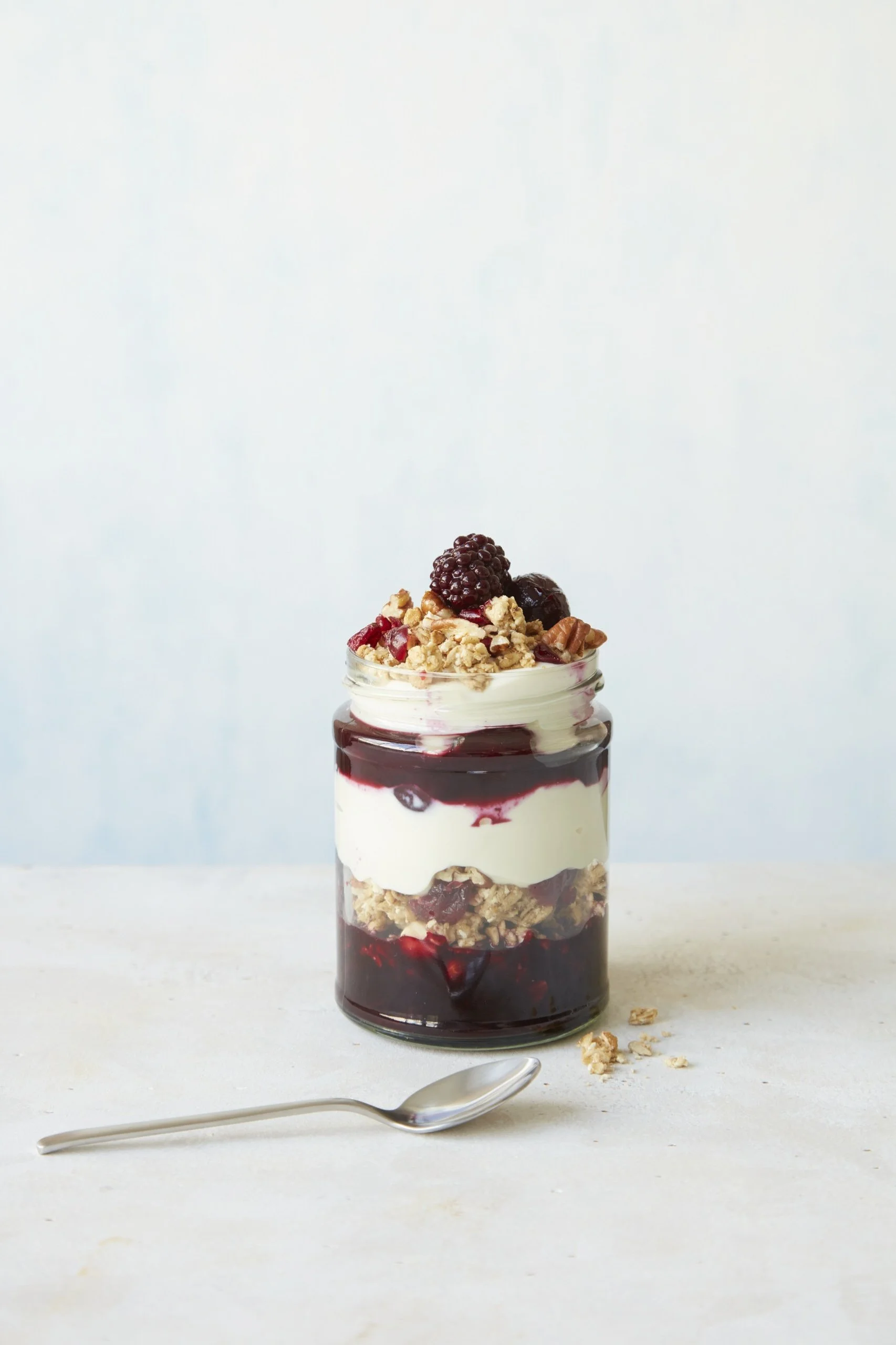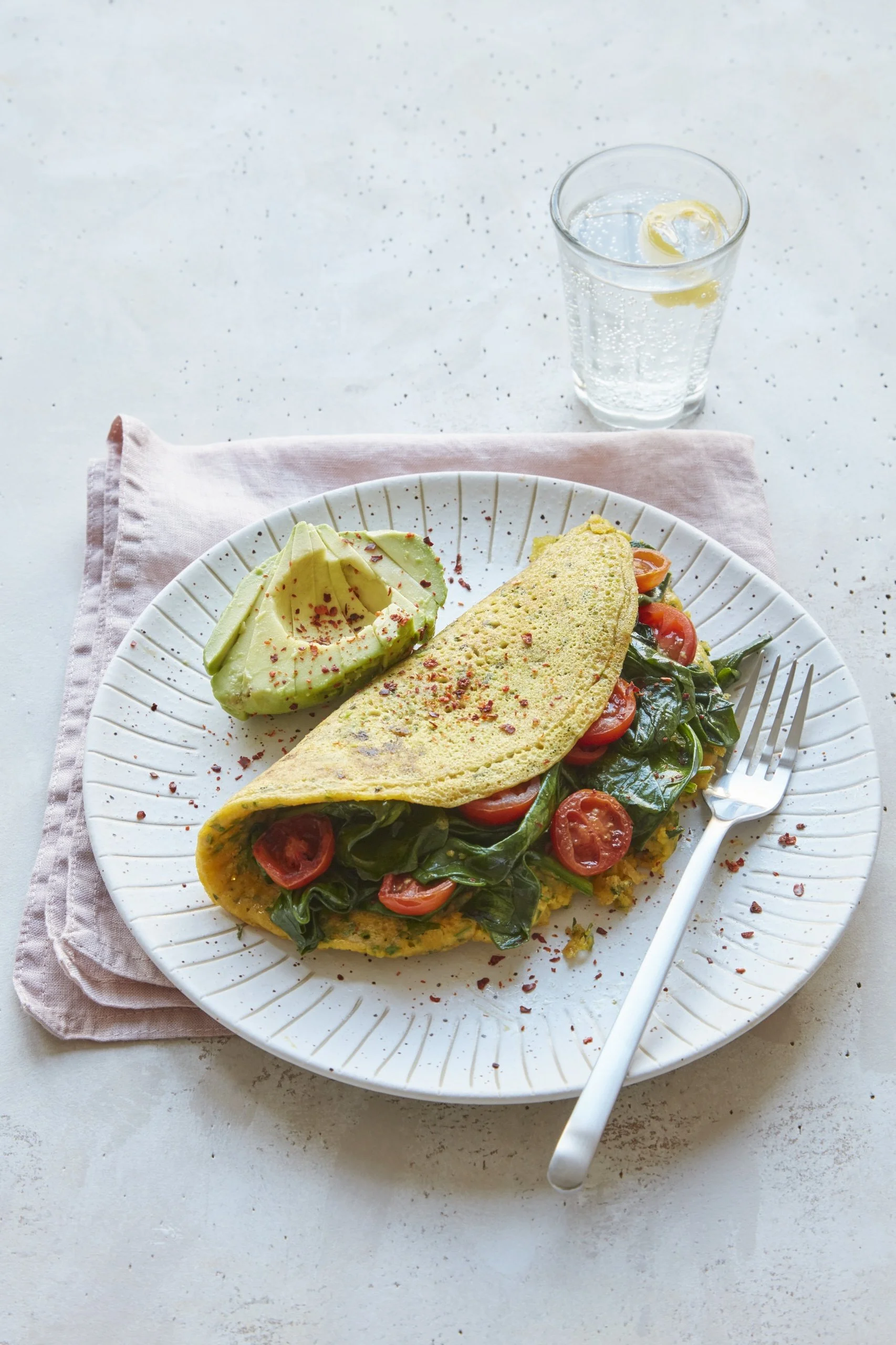Anita Bean
*
Anita Bean *
Hello and welcome!
I’m Anita, an award-winning registered nutritionist, internationally published health writer and author, and a former British Bodybuilding Champion.
My mission is to make nutrition simple, evidence-based and practical — turning complex science into clear, actionable advice you can trust. Whether you’re an athlete, a coach, or simply looking to feel your best, I’m here to help you eat better and perform stronger.
About me
With over 30 years of experience in the field, I specialise in sport and exercise nutrition, helping people of all levels fuel their performance, optimise recovery, and stay healthy for life.
I’m accredited by the Association for Nutrition (AfN) and have written 30 books on nutrition and fitness, including the best-selling The Complete Guide to Sports Nutrition, now in its 9th edition and widely recommended on nutrition courses around the world.
My Books
*
My Books *
-

The Complete Guide to Sports Nutrition
The definitive practical handbook for athletes, coaches, and active individuals seeking a competitive edge through evidence-based nutrition.
-

The Vegetarian Athlete's Cookbook
Over 100 easy, nutrient-packed vegetarian and vegan recipes to help you build muscle, boost performance, and reach your fitness goals — all without meat.
-

The Runner's Cookbook
The ultimate nutrition guide for runners, featuring over 100 delicious recipes and expert advice to help you fuel and prepare for everything from 5Ks to ultramarathons.
-

The Vegan Athlete's Cookbook
Exciting, nutritious and flavour-packed vegan recipes, carefully designed to provide the key nutrients you need to train effectively, recover well, and perform at your best.
How you can work with me
*
How you can work with me *
I provide expert nutrition consultancy to food brands, communications agencies, and lifestyle companies, offering guidance that ensures products, messaging, and campaigns are both scientifically sound and consumer-friendly.
My consultancy work has supported a wide range of clients, including Heart UK, Clif Bar, Airbnb, Speedo, Buxton Water, British Summer Fruits, Kenwood, Ocado, the Natural Hydration Council, Nestlé Pure Life Water, Meridian Foods, Vita Coco, and Sensodyne Pronamel.
I am an experienced and engaging public speaker, regularly delivering talks, workshops and webinars on a wide range of nutrition and health topics. I’ve presented at high-profile events and organisations including London Marathon Events, the National Running Show, the Association for Nutrition, and Swim England.
I’m also available for tailored talks at sports clubs and schools, where I aim to make nutrition practical, relatable and inspiring for athletes, students, coaches and parents alike.
With a strong grounding in science and 30 years of writing experience, I specialise in turning complex nutritional information into accurate, easy-to-understand messages for a wide range of audiences.
I have extensive experience writing expert nutrition and health content for a wide range of publications, including Good Housekeeping, Waitrose Food, Cycling Weekly, Healthy, Women’s Running, and Runner’s World, among others.
Latest Blog Posts
*
Latest Blog Posts *
Recipes
*
Recipes *
What other people are saying…







